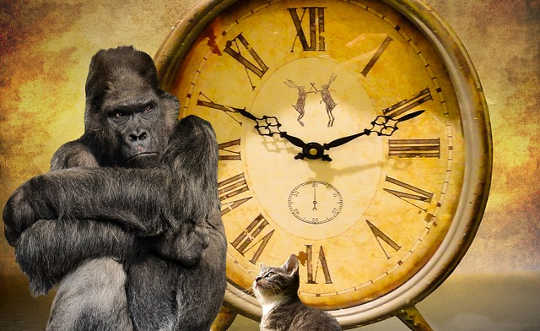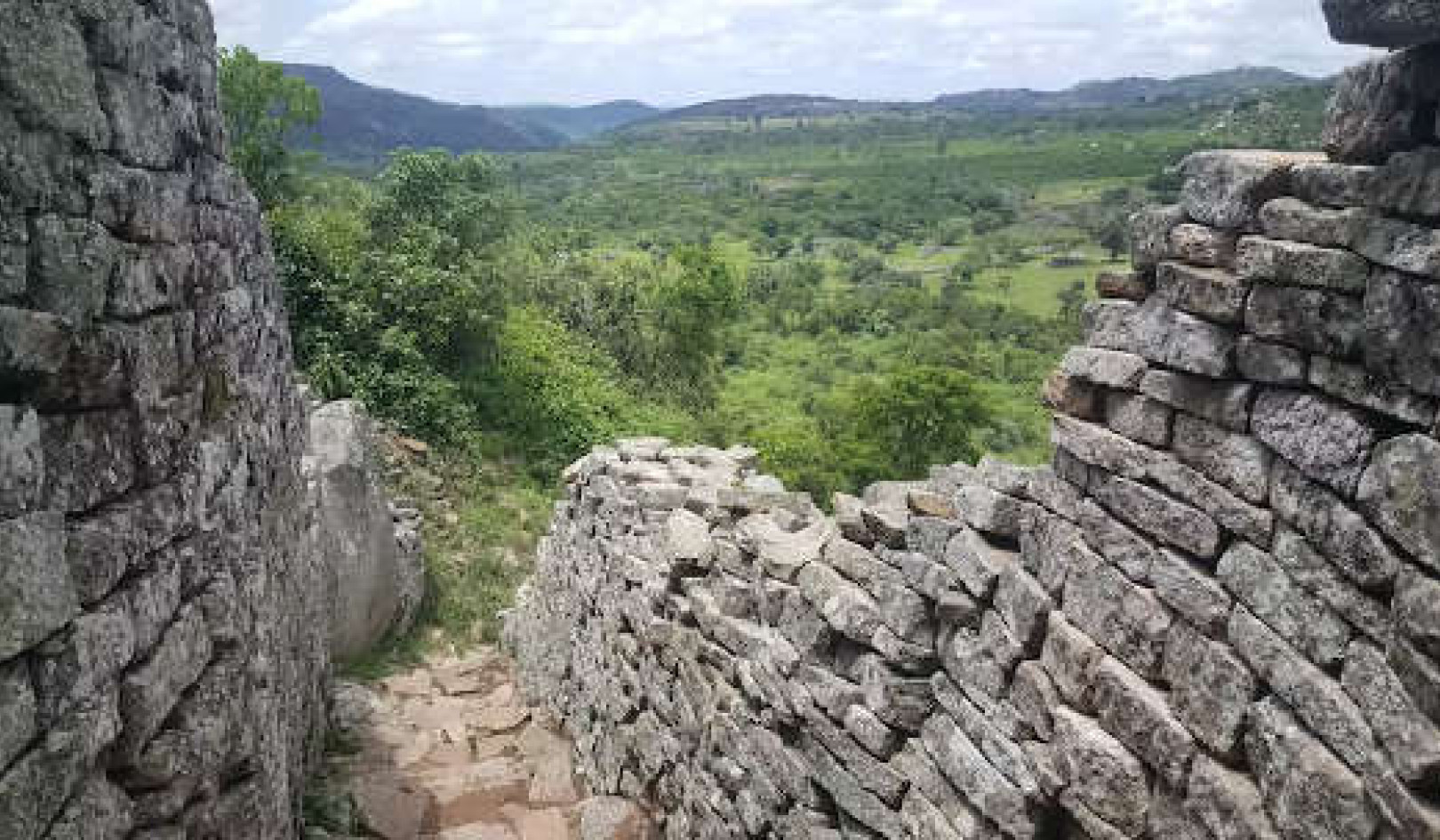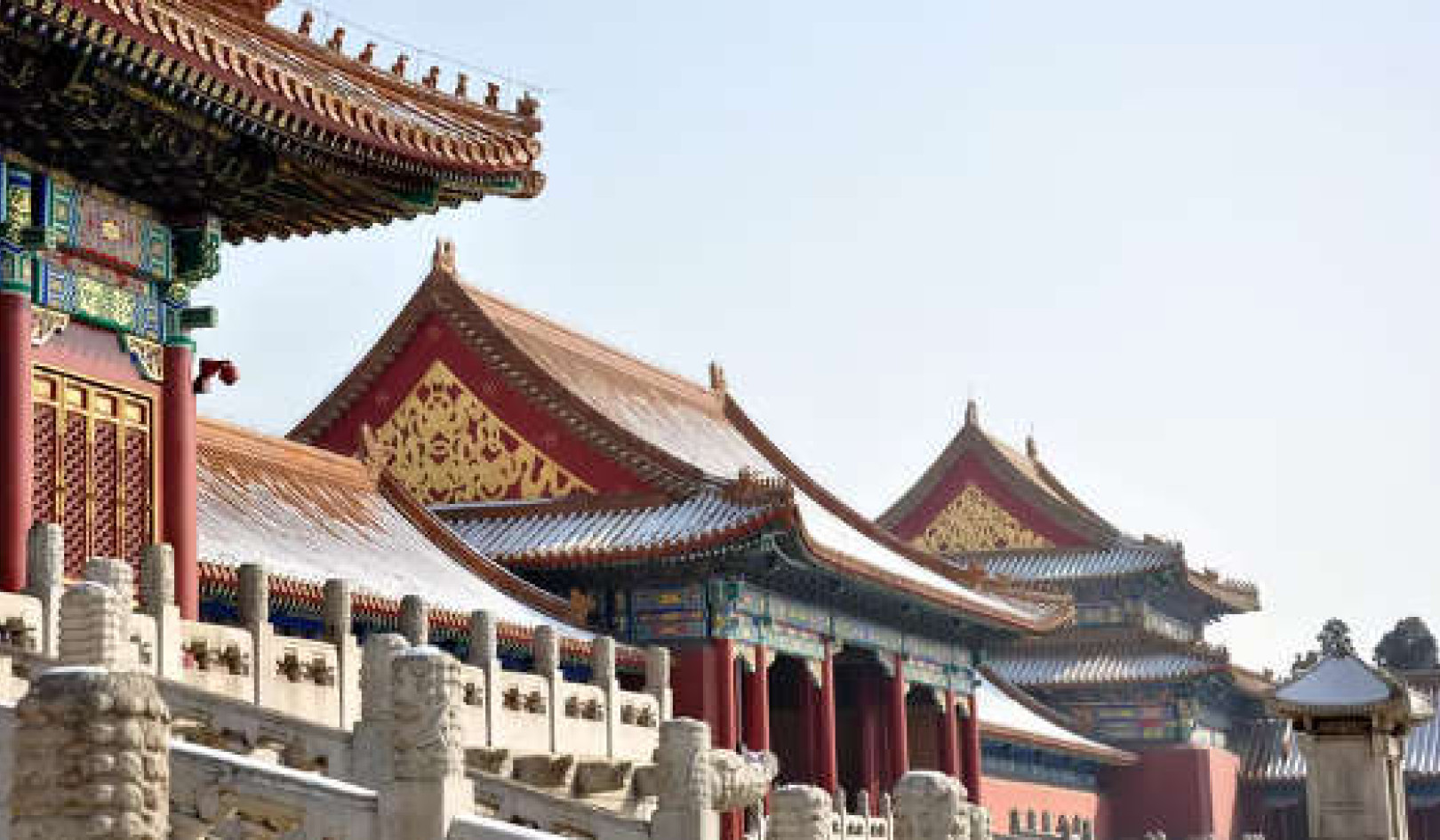
We are living in the most critical time in human history. Our civilization is now facing the greatest challenges we have ever seen. One only needs to look at the exponential growth of population and environmental deterioration combined with the uncontrolled increase of armaments and material greed to conclude that, unfortunately, there has been no other time that remotely compares with today.
Jane Goodall refers to Ervin Laszlo’s observation that most people are evolved enough to know that they need to change, but not evolved enough to know what change they need. Thus, the hardest problem of all might be, as Laszlo states, that many people, including even scientists, do not see what they do not believe. Let’s address this lack of belief in order to better understand if there is something new in the field that we are simply not seeing.
The Failure To Believe In Ourselves
Big problems, such as the ones our civilization faces, need radical solutions. The radical postulation in this case is that the failure to believe in ourselves stems from the limitations of our cultural conditioning. Realizing that most people’s attachment to their own culture borders on the sacred, we are going to go out on a limb and propose that it is now time to, if not slay that sacred cow, at least recognize it in order to transcend to a higher level of cultural evolution as a participating species that shares our planet with the rest of the inhabitants of this marvelous ecosystem.
Culture is near and dear to us because it has given us meaning, beauty, and even survival. In the early days of our existence, the culture of clans brought us together in small communities so we could better protect ourselves from the dangers of the environment. Our cultures represent the many achievements of the human will, first to merely survive, and later to symbolize the flourishing aspects of our existence.
Yet for all this significance, most of our cultural accomplishments remain at the ethnocentric level of development. Politically and administratively, we struggle to go beyond the nation-centric level. Because of the deeply emotional history of our culture, we all tend to be overly attached to our separate identities. We are often most proud of our own art, language, customs, religious beliefs, and social practices, preferring our own cultural identity above all others, without the ability to objectively evaluate cultures beyond our own. We are unable to completely see the wonders of others when the pride and prejudice of our ethnocentricity masks our eyes.
If “living systems are astonishingly coherent,” then the living system of humanity has a large need for improvement. Taking an honest look at the divided world of nation-states and bitterly opposed religions and ethnic groups that we have today, we are clearly far short of anything close to coherence in our social and cultural norms of behavior.
Upgrading Our Worldview
What we need is to upgrade our worldview from ethnocentric to world-centric—gaining a planetary perspective that accepts humanity as a whole and gives priority to the health of our Earth’s ecosystem. Unquestionably we could benefit from a more robust system of world governance that would override the interests of separate nation states. A planetary administration, however, will only be possible when we begin to move away from the separatist and protectionist policies of our ethnocentric worldviews.
And with this emerging cosmo-centric view comes a new appreciation of the highest values ever attributed to our species. Truth, beauty, and goodness can become the framework of our actions. Peace, love, and understanding return to take their place as the pinnacle of our aspirations as human beings. With these re-energized higher values at our service, we can readily bring the cosmo-centric view to front and center. If we then apply the understandings and values of this higher consciousness to the ethno- or even egocentric worldviews so prevalent today, we can surely draw ourselves upward, creating a quantum leap in the overall cultural level on planet Earth.
Rather than denying or abandoning the cultural accomplishments we have achieved over thousands of years, we can include and transcend them. With the enlightened view of identity and purpose established in the findings of new paradigm thought, we are given a new opportunity to understand our lives as one big miracle. The gateway is opened to an expanded explanation of our place in the cosmos. We are central to it. We are the evolving cosmos itself.
Instead of being obsessed with our material survival and overly protective of the culture of our clan, of the identity of our nations, and the absolutes of our religious orientations, we can become true world citizens and appreciate the rising culture of the planet. It is this emergent culture that holds the health of our earthly ecosystem as the number one priority. We can only be as healthy as the home we live in.
The emerging worldview culture should also take into account the lessons of the new paradigm. We are, after all, an interconnected whole, striving to work together and establish coherence. As a planetary culture we can be of one mind, finding a way to preserve our ecosystem and flourish as a whole.
The Five-Hundred-Pound Gorilla In The Room
Some years ago, I was shown a video at a personal development conference and was told to count how many successful passes were made by a group of people frantically throwing basketballs to one and another. Always up for an intellectual challenge, I focused all my attention on calculating the number of passes. What I didn’t notice was the five-hundred-pound gorilla that strolled through the middle of the scene. Nor did anyone else in the audience observe the gorilla.
When we were allowed to watch the video again, it was astonishing to see how we could have missed the gorilla the first time through. There he was, calmly waltzing through the scene for a full nine seconds, and everyone was so absorbed with the task at hand that they failed to notice him.
Concentrating as we were on getting the “right” answer, none of us saw the anomaly that was the point of the exercise. Reductionist scientists, like all of us obsessed with counting passes, have experienced their own version of this exercise as they focus on measuring anything that is measurable: particles, atoms, molecules. In so doing, they are good at adding up the parts, but are not so adept at seeing the whole.
Indoctrinated into this scientific culture, human beings in general often have difficulty seeing anything other than what they already believe. We can easily count up the parts, but we have difficulty seeing the whole picture unveiling right before our eyes. So concerned are we with short-term gains that we fail to comprehend the long-term consequences of our acts. We are well aware of the balance in our bank accounts and woefully ignorant of what we are doing to future generations. This all comes partially as a result of being conditioned by the materialistic culture of the modern world.
Our Purpose Is To Evolve and Contribute
Knowing that our purpose is to evolve and contribute ever higher consciousness allots a full sense of meaning to our existence. It makes us realize that we are responsible for every creative act, whether thought or deed, that we produce as living beings.
As products of the Source field of consciousness (God, Origin, Zero Point Field—however we care to label it), we are cocreating the new consciousness with all of humanity and the Source itself. We are one, and we are all in this together. We therefore must welcome with widely open arms a shift to a cosmo-centric view that provides the framework for embracing the higher values that we have always held dear, but have forgotten in our efforts to count up everything measurable along the way.
All of this paves the way for a worldwide cultural transformation that will open a path toward living in harmony, peace, and supercoherence. We need to reestablish a friendship with our fellow inhabitants of Earth and listen to what they have to say.
Let us assume, for example, that our gorilla is named Koko, like the now famous primate in the video that has been watched by nearly two million people on YouTube. Koko, born in a zoo and raised with humans, has learned to use the hundreds of sign language words that Jane Goodall mentions as a way to communicate with us.
Koko is still in awe of nature, and metaphorically beckons to us to sit down next to her and contemplate the beauty of a waterfall. There we sit on the riverbank with her, contemplating the splendor of the scene. Scintillating golden rays of sun are filtered through the mist of the cascading water, hurling toward us in shafts of rainbow light. The splash, ebbs, whirls, and flow of the water lure us into imagining the river as the symbolic stream of time, as an evolutionary force that brought us to this miraculous moment.
Koko turns and looks with sad eyes into the heart of humanity. In her simple, gorilla sign language, she indicates that what bothers her most is that we humans have lost our connection to nature. Unlike the apes, we find it difficult to sit and marvel at the wonders of our world. We see nature as separate from ourselves, almost as an adversary, certainly something to be conquered.
But why, wonders Koko, and those Homo sapiens who understand the coherent unity of things, would a species ever do anything to destroy its own environment? Why would we not cherish the generations to come and our own future lives and do everything possible to preserve our environment, keeping it clean and fresh, just as we do our own home?
We Need A New Perspective and Way of Seeing
We need a new perspective to help us understand that if we believe differently, we see things differently. When we obtain a new visual perspective on something, it creates a shift in our brain.
If we look at one of those drawings that can be seen in two different ways depending on how we look at it—there is one, for example, where we see either an ugly elderly woman or a pretty young lady—and we manage to see the other angle that we did not see at first, this produces a burst of high-frequency gamma waves in our brain. An “Aha” moment of inspiration also brings the same effect with a surge in high-frequency brain waves.
Sometimes a relatively simple, yet new, insight on our situation is all we need to not only see things differently, but also feel refreshed and renewed. The light of higher consciousness shines so brightly right where we are that we only need to blink and see ourselves for what we truly are—the pinnacle of evolution toward coherence.
Margaret Mead’s famous quote about a small group of like-minded people being able to, and in fact being the only way to, change the world comes to mind. When we tap into a great idea whose time has come, it becomes the attractor in the hearts of humanity and leads us out of chaos. As a rising tide lifts all boats, the emerging cosmo-centric worldview brings a new cultural understanding of the meaning of our existence and pulls us forward into the greatest transformational shift in the history of humanity.
Copyright 2017 by Ervin Laszlo. All Rights Reserved.
Excerpted with permission of the publisher,
Inner Traditions International. www.innertraditions.com
Article Source
The Intelligence of the Cosmos: Why Are We Here? New Answers from the Frontiers of Science
by Ervin Laszlo
 With bold vision and forward thinking, Laszlo and his contributors Maria Sagi, Kingsley L. Dennis, Emanuel Kuntzelman, Dawna Jones, Shamik Desai, Garry Jacobs, and John R. Audette outline the new idea of the world and of ourselves in the world. They help us discover how we can overcome these divisive times and blossom into a new era of peace, coherence, connection, and global wellbeing.
With bold vision and forward thinking, Laszlo and his contributors Maria Sagi, Kingsley L. Dennis, Emanuel Kuntzelman, Dawna Jones, Shamik Desai, Garry Jacobs, and John R. Audette outline the new idea of the world and of ourselves in the world. They help us discover how we can overcome these divisive times and blossom into a new era of peace, coherence, connection, and global wellbeing.
Click here for more info and/or to order this paperback book or purchase the Kindle edition.
About the Author of this chapter
 Emanuel Kuntzelman is a philosopher, writer, public speaker and social entrepreneur, and the founder and president of the Chicago-based, non-profit organization Greenheart International. Emanuel is also co-founder and president of the Foundation for the Future (Fundacion por el Futuro) based in Madrid, Spain. Emanuel regularly blogs about his Evolutionary Wave Theory, our singular moment in time and the importance of moving beyond empathy and into social action to create real change in the world. He is the author/editor of the book, Purpose Rising: A Global Movement of Transformation and Meaning
Emanuel Kuntzelman is a philosopher, writer, public speaker and social entrepreneur, and the founder and president of the Chicago-based, non-profit organization Greenheart International. Emanuel is also co-founder and president of the Foundation for the Future (Fundacion por el Futuro) based in Madrid, Spain. Emanuel regularly blogs about his Evolutionary Wave Theory, our singular moment in time and the importance of moving beyond empathy and into social action to create real change in the world. He is the author/editor of the book, Purpose Rising: A Global Movement of Transformation and Meaning
About the Author of this book
 Ervin Laszlo is a philosopher and systems scientist. Twice nominated for the Nobel Peace Prize, he has published more than 75 books and over 400 articles and research papers. The subject of the one-hour PBS special Life of a Modern-Day Genius, Laszlo is the founder and president of the international think tank the Club of Budapest and of the prestigious Laszlo Institute of New Paradigm Research.
Ervin Laszlo is a philosopher and systems scientist. Twice nominated for the Nobel Peace Prize, he has published more than 75 books and over 400 articles and research papers. The subject of the one-hour PBS special Life of a Modern-Day Genius, Laszlo is the founder and president of the international think tank the Club of Budapest and of the prestigious Laszlo Institute of New Paradigm Research.
More books by Ervin Laszlo
at InnerSelf Market and Amazon

























